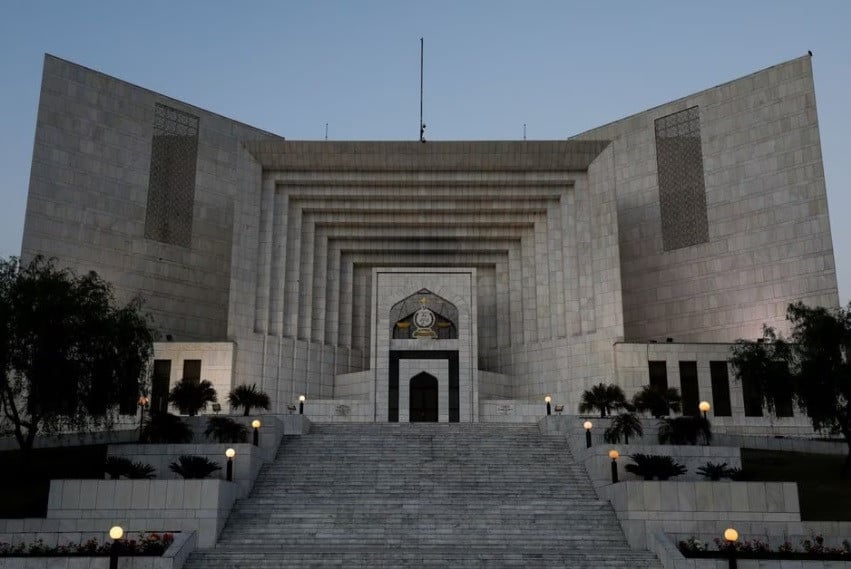
ISLAMABAD:
The Supreme Court on Tuesday reserved its ruling on a petition regarding regulating the proceedings of the Supreme Judicial Council (SJC) after the lawyer for the petitioner wrapped up arguments.
A two-judge bench, headed by Justice Ijazul Ahsan and comprising Justice Muneeb Akhtar, heard the arguments presented by the petitioner's lawyer, Hina Jilani.
In her arguments, she said that it was the SJC’s responsibility to hold judges accountable.
Justice Akhtar told the lawyer that Article 209 of the Constitution spoke only about the removal of the judge.
He then asked the lawyer whether the petitioner wanted the court’s instructions to the SJC.
Hina replied that the court should give instructions on the matters of the council where law was silent.
However, Justice Akhtar again asked whether the court could give guidelines to the SJC.
In response, Hina took the position that if no action was taken against a judge until his retirement, would that mean that everything was over. “It is the council's responsibility to hold the judge accountable,” she said.
She also pointed out that if a judge, who retired despite corruption, was a burden on public finances. She said that when a judge resigned, the proceedings were terminated but stressed that this was not written anywhere in the law about the SJC’s proceedings.
The lawyer argued that the court had given instructions after reviewing the action of the SJC in various cases.
However, the bench noted that the court had not directed the SJC to take any decision.
The bench then asked the petitioner’s lawyer what if the court gave its decision and it was not acted upon, would the SJC be held in contempt of court.
Hina replied that the SJC members did not come from outside, rather they were from within.
Justice Akhtar said that nowadays complaints went on social media before going to the SJC.
“People send complaints without merit, and put it on social media,” the judge pointed out.
Hina said that lawyers were more stakeholders in the independence of judiciary than judges.
She said, “The president of Pakistan should have the authority to decide whether or not to grant retirement benefits after the advice of the SJC.”
Hina also argued that the court might direct the SJC to proceed after the judge, even if he had resigned.
However, Justice Akhtar remarked that if the SJC did not act against the judge, it was its decision.
Justice Akhtar said that a judge had honour and rights.
He asked the lawyer if she was saying that a complaint against a judge should be taken immediately.
Justice Ijazul Ahsan said that it was possible to file a complaint against all the 17 judges of apex court.
The lawyer replied that she understood the dignity of the court and the division of powers.
She also said that not everyone in the world could be good. However, she emphasised that scrutiny of a complaint could be completed in 10 minutes.
Later, the court reserved its decision after completing the hearing on the case.




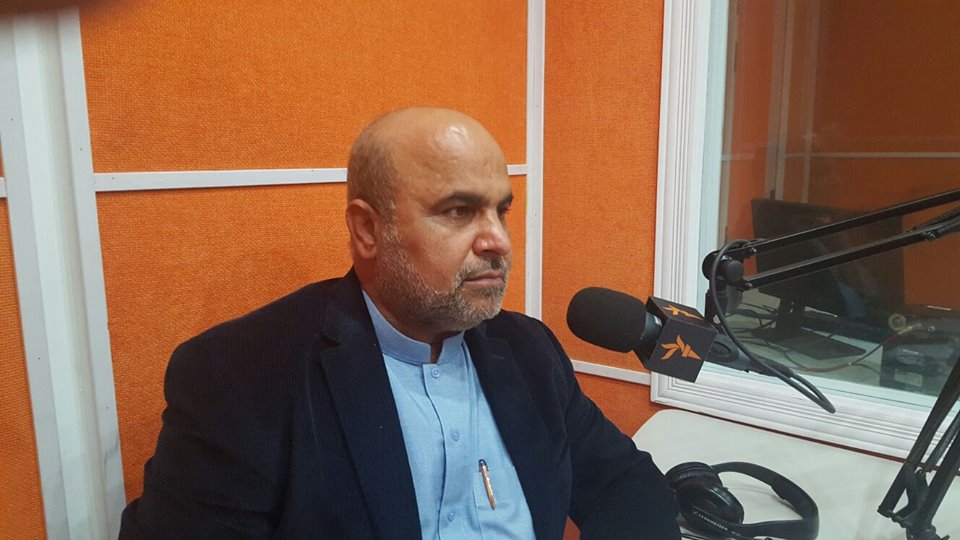






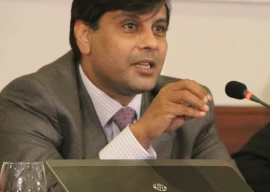
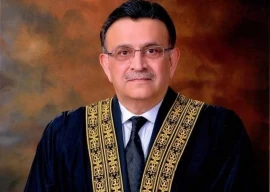

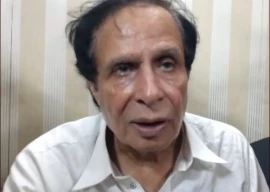













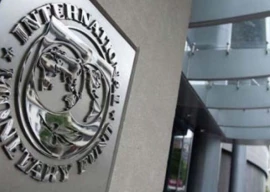






COMMENTS
Comments are moderated and generally will be posted if they are on-topic and not abusive.
For more information, please see our Comments FAQ